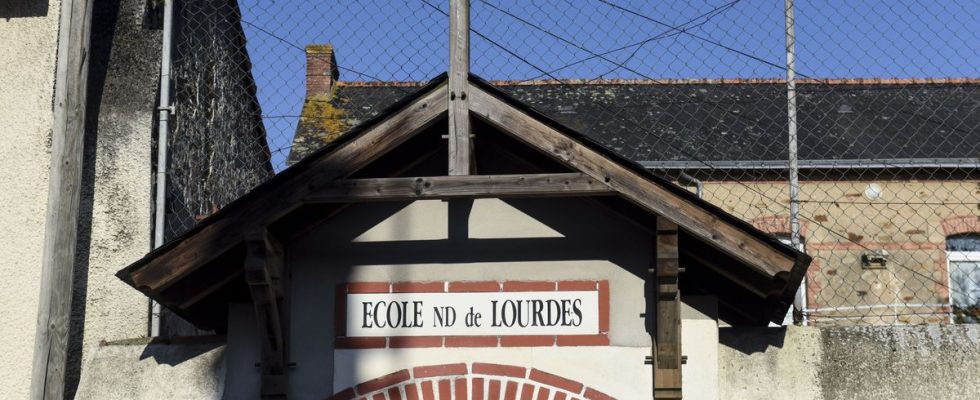Decidedly, private education is under the spotlight. In May, the Minister of National Education signed a protocol with the General Secretariat of Catholic Education to promote social diversity, by which he undertakes to increase the share of his scholarship students. But without obligation. Even if the measures taken were deemed not very restrictive by the educational community, they at least had the merit of putting the subject back on the table. And this Thursday, the Court of Auditors added a layer by making its recommendations to the same private education under contract.
At the start of the 2022 school year, it brought together more than 2 million students, or 17.6% of the school population, in just over 7,500 establishments. The same year, the State devoted 8 billion euros to it, which represented 55% of the financing of private primary schools and 68% for secondary schools. Resources allocated with compensation, because the Debré law of December 31, 1959 stipulates certain commitments, such as compliance with the programs defined by the Ministry of National Education and the absence of discrimination in the reception of pupils.
“School coeducation has been in sharp decline for twenty years”
However, private schools can choose their students and refuse between 20,000 and 30,000 applications each year. And it is clear that they have rather favored those of students from CSP + in recent years. “School coeducation has been in sharp decline for twenty years. Pupils from very privileged families constitute 40.2% of the workforce in 2021, compared to 26.4% in 2000”, underlines Pierre Moscovici, first president of the Court of Auditors. The share of scholarship students has changed little, standing at 11.8% in 2021, compared to 29% in the public. Several reasons explain this phenomenon: the growing strategies of privileged families to avoid establishments in the sectors, canteen fees that are too high in the private sector, which discourage the most modest families, etc.
The Court of Auditors opposes quotas for scholarship holders in the private sector, “which would have the effect of stealing its best elements from the public”, believes Pierre Moscovici. But he advances other levers to strengthen social diversity. Like that of developing adapted general and professional education sections (Segpa), which welcome pupils with learning difficulties and localized units for inclusive education (Ulis).
Take into account the profile of the students to allocate more or less means
Les Sages de la rue Cambon above all propose a small revolution: “modify the means allocated to private establishments according to the profile of the students”. An idea also defended by the sociologist of education Pierre Merle: “For public establishments as for private establishments, the budget allocation per pupil could be increased when it comes to children from working-class backgrounds and reduced in the case opposite. This financial incentive could encourage private establishments to enroll more children of middle and working class backgrounds. Several teacher unions are in favor of it.
But this suggestion is unlikely to be adopted for the moment. “We must allow time for the protocol to be implemented. There will still be work sites open after that,” Pierre Moscovici cautiously declares.
The need to strengthen controls
Initially, the Elders would especially like the controls on the way in which public funds are used to be reinforced. The financial control of private establishments under contract, normally managed by the departmental and regional directorates of public finances, is indeed “largely unapplied”, notes the Court. If this were the case, the rectorates could in particular “better appreciate locally the school needs”. And decide, for example, to open a class in private or not.
Ditto for the educational controls, carried out by the academy inspectors: it is “exercised in a minimalist way”. However, if it were more rigorous, it could make it possible to check the timetable of the pupils, the fact that the paths for health, the future, citizenship and artistic education are implemented… “We must strengthen the human resources allocated rectorates and regional public finance departments for these checks,” suggests Pierre Moscovici. Will he be listened to?

